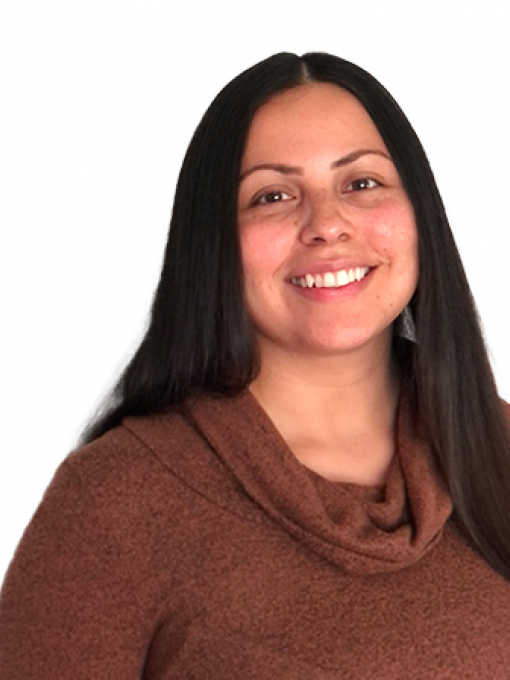I joined FCNL as the congressional advocate for the Native American Advocacy Program last June. But I started advocating for my community long before joining FCNL.
I was born on the Oneida Indian Reservation in rural Wisconsin. I experienced a unique upbringing by being raised in the small traditional longhouse community, while our family traveled back and forth to our ancestral homelands in Oneida, New York.
Growing up with this background rooted in Great Law teachings with contemporary calls to activism was essential in shaping my vision for what Indian Country is and what it can be.
After graduating college, I wanted to study law and policy because those have been the instruments used to oppress Native people for centuries in the United States. We need to have people trained in the law so we could use it to defend and advance the wellbeing of Indian Country as a whole.
FCNL presented me the opportunity to do exactly that. I was attracted to the Quaker approach to lobbying, which centers equity and the hope for a better world.
I have worked with the Quaker community before—as allies in grassroots efforts to stop hydrofracking in New York state and in the return of ancestral land behind the Mohawk Valley Friends Meeting Place to a group of Oneida women for the benefit of all Oneida people.
Building relationships with Quakers has created unique opportunities to work with Friends dedicated to similar values of social, economic, and environmental justice that are held by my own traditional tribal community.
Now, four months after starting work here, I’m humbled by the work ahead and inspired by the possibility of what could be.
FCNL’s advocacy on Native American issues has been going on for decades. We continue to build on this work today, advocating in solidarity with Native communities and creating more advocates for Indian country. The congressional advocate position accomplishes this by working closely with our consultant, Cindy Darcy, who has over 30 years of lobbying experience working on Native issues.
We are also greatly supported by many dedicated advocates across the FCNL network who are committed to improving the relationship with Indigenous people.
I’m humbled by the work ahead and inspired by the possibility of what could be.
For the rest of this Congress, our program is focused on three core issues that the federal government has a role in addressing: The Missing and Murdered Indigenous Peoples (MMIP) crisis, the consequences of Indian boarding schools, and infrastructure investments in Indian Country (including broadband internet).
I am hopeful that legislation addressing these issues can be passed by this Congress. The federal trust responsibility is the law of the land, and so many decisions made on the federal level truly impact daily tribal life.
Politics may be more divisive now than ever, but I am inspired by the opportunity for bipartisanship on Native issues that doesn’t always exist in other policy areas.
That is why it is critical for decisionmakers to hear Indigenous voices. My hope is that my voice will be heard on the Hill and contribute to supporting the health, livelihood, and continuing growth of tribal communities all over Indian Country.

